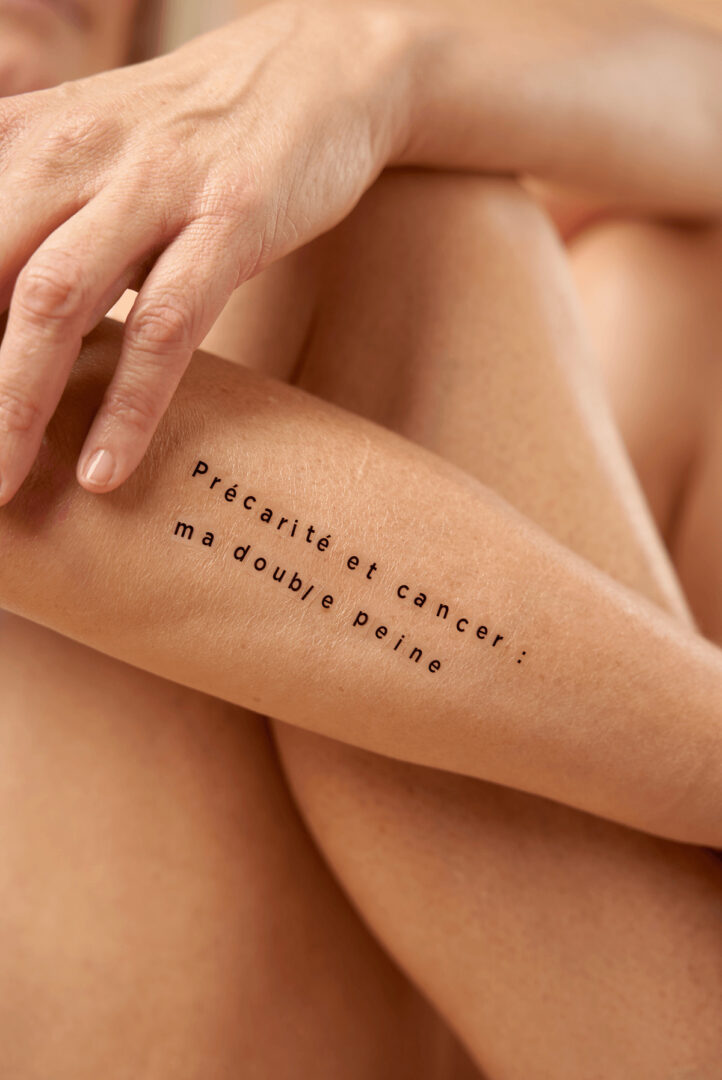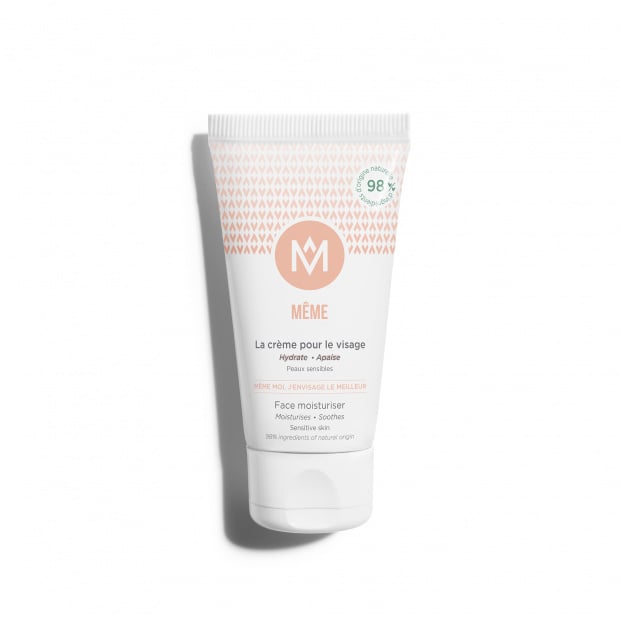Are all odds stacked in my favour? How am I going to be able to go on? Why do I feel abandoned? When we feel isolated, these questions are like so much fog that invades our thoughts and saps our energy, which stops us in our tracks in a world that is quickly moving ahead around us. Let’s allow ourselves to ask for help and let’s seek out the things that will energise us so we can find our place again and let a bit of light in even while ill.
Accepting having to halt in a world where everything moves very fast
One of the principal characteristics of our society is movement. Everything progresses and changes. Everything must change. So when we are forced to stop, to hit pause, the disparity between us and those around us can be felt very quickly until it becomes uncomfortable, a taboo.
Finding balance again in work and activities
Depending on our treatments and how they affect us, we may be forced to stop working, either completely or partially, for more or less a long time. A long period of sick leave is harder to go through on a daily basis than it appears.
In reality, while it seems obvious in the eyes of everyone that you need to stop during the “hardest” phase of the treatments (surgery, chemo, etc.), sick leave can last much longer than that, up to the point unfortunately where the “healthy people”, from their vantage point, start to question these periods of leave, often blind to the psychological consequences of the illness. And yet, while the treatment comes with the physical consequences of pain, scars and fatigue, the emotional and psychological consequences are also significant. And precisely because they are less visible, they are less understood by those around us.
Also, for the people who are ill, inactivity, meaning stopping work during sick leave, can also be difficult to go through. There are those who miss work, those who miss the rhythm that comes with it, and obviously there are those who are greatly affected by the financial consequences of it, which we’ll talk about later.
For those who “miss work”, the challenge is then to find an activity or hobby that allows them to feel productive despite everything. Work can then become a type of personal development, creative activity, community involvement or any other purpose that makes you feel useful, active and alive.
Some ideas to get started
What are the options? Writing? Meditation? Gardening? A book club? Art therapy? A support group?
If you feel the need to be active, there is surely something out there that can fulfil this need without making you more fatigued and especially by trying as much as possible to free yourself from the pressure of being productive. You can also find a large sense of accomplishment in the fact of “doing nothing”. It’s even good for your health!
Combating isolation when relationships in your entourage change
Your relationship with work and activity can be one factor in the disparity felt with your usual circle of acquaintances. For a long period of our lives, our professions and work are the main subject of discussion, and it can be hard to feel this disparity when talking with our friends and family who still have the same enthusiasm, proof if it were ever needed that something is not normal in our daily life.
Generally speaking, it is completely natural for the illness and its consequences to greatly change a group’s dynamics and the relationships with our close friends and family.
Finding a new balance as a couple
Quite obviously, the couple (when one exists) is the first group affected. And while some become stronger after going through the illness, more glued together than before, the illness can also create a trauma that is too difficult for other couples to overcome.
Between the fear felt by the sick person, their desire to be caring and kind and keep the other person feeling healthy and happy, the fear felt by the partner and their desire to help while feeling powerless, all the kindness in the world is sometimes not enough to find a new balance that allows the couple to communicate properly as before.
While some breakups cannot be avoided, simply because they are part of a change between two distinct personalities going in different directions, you must never hesitate in reaching out to a professional to help you rebuild your relationship when it is necessary. Two partners can go to therapy separately or to couple’s therapy together, depending on what works best for them. Every option is worth exploring, even if it means spending a bit more time on it and not pursuing a type of therapy that is perfect for you.
When a circle of friends changes
Another social consequence of the illness is the disruptions in a circle of friends. It’s something that we often hear: the illness starts performing a “triage”.
In reality, the illness can cause people directly involved as well as others to feel afraid. Sometimes, the fear of saying or acting in a clumsy way or of not knowing how to act or what to say or simply of not being up to the task and strong enough to handle the consequences of the illness can cause some friends to distance themselves. Others that you didn’t really count on before become more present and prove themselves to be more supportive.
It’s something that we can’t do anything about, and like all things that we have no control over, it is necessary to accept it and to let it go so you can move on.
Your circle of friends may change during the illness; you may have fewer friends, but closer ones. Maybe new friendships will be forged or older ones are rekindled. That’s how it goes.
On the other hand, we can prevent and fight the feeling of isolation or solitude that weighs on our morale and can affect our ability to keep our head up, despite the illness. We’ll talk more about it in a bit.
How to no longer suffer the inequality of means, care and support
Are we all in the same boat?
Obviously not. Whether it’s because of our entourage, our means, support or access to supportive care, we are not all in the same position.
However, we strongly believe that there are solutions for each of us to soothe the hurt we’re experiencing and take care of ourselves and our mental health.
In no way must you remain in a distressing situation caused by one of these inequalities in the broadest sense.
The associative network, a valuable resource to make up for what’s missing
With our network of healthcare professionals and supportive care, we are lucky in France and in the adjoining countries to have a wide community fabric, a genuine goldmine for feeling better in our daily lives.
The Cancer League has regional centres throughout France and can be a first source of information to connect you with different associations and opportunities close to where you live.
From patient support groups and socio-aesthetic care to writing therapy and adapted physical activities, there are many initiatives to help you look after yourself, regardless of your income or where you are located.
Do not hesitate to ask your medical team for information or your region’s Cancer League organisation.
Finding assistance and be surrounded by support
Whatever it is you want (some people dislike support groups while others need to talk with other patients to feel understood), it is vital to be surrounded by supportive people and seek out information on different options so you can then aim at taking the next step.
We can never say it enough, but it is completely normal to ask yourself a million questions during and after your cancer treatments, to feel weakened, powerless, to sometimes want to give up. And just as all these feelings are natural, it is also natural to need help and to ask where to find it. Your hospital can offer you psychological support. Do not hesitate to open this door even before you feel you need to.
A small reminder: a therapy’s success is above all based on the relationship between the patient and the therapist. After a few sessions if you “aren’t feeling it”, do not hesitate to change therapists. You have the right to hesitate, change your mind or change direction to find what is right for you and what will make you feel better.
We hope that this article was helpful for you, and don’t hesitate to share with us your experience and advice in the comments.
You can also join in the discussion on social media with #SansTabou.











